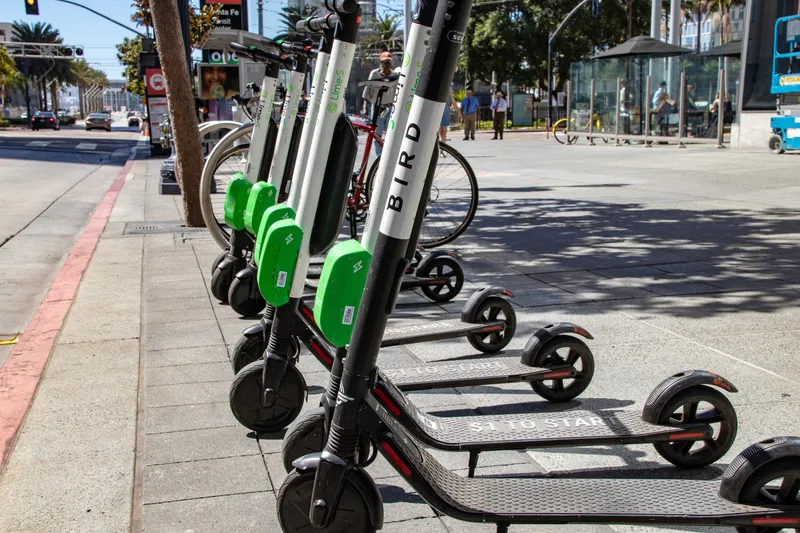The Verge reports that the protected bike lanes will appear as dark green lines in the app while bike-friendly routes that are less protected will be represented as dotted green lines.
The feature is available for Lyft bikes and scooter-sharing services on iOS devices, with
Lyft’s head of micromobility policy, Caroline Samponaro, says: “Each ride on a bike or scooter represents a win for the environment, congestion and a more liveable city.”
Separately, Lyft is working with the Blue Cross Blue Shield Association (BCBSA) to help ensure US passengers do not miss healthcare appointments due to lack of reliable transportation.
BCBSA is a federation of independent and locally operated health insurance companies in which both parties originally developed separately. Blue Cross covered hospital services while Blue Shield handled physician services.
BCBSA chief medical officer Dr Trent Haywood says many Americans live in areas where medical care is beyond the reach of walking, biking or public transportation.
“As a result, they struggle to access critical health care services, even when they have health insurance,” he continues. “We are committed to addressing issues like transportation that are inextricably linked to health outcomes yet can’t be tackled through health care resources alone.”
BCBS combined a study on the health experiences of its members with local data on issues such as transportation, nutrition and the environment to focus on the community factors that have the most impact on individual health.
Over the next few months, BCBS will incorporate Lyft services into a free service for select Blue Cross and Blue Shield companies which remain unnamed.
Lyft app gets bike lanes to encourage safer cycling
Lyft is adding protected bike lanes and bike-friendly routes to its app to encourage more people to use two-wheeled transportation.
The Verge reports that the protected bike lanes will appear as dark green lines in the app while bike-friendly routes that are less protected will be represented as dotted green lines.
The feature is available for Lyft bikes and scooter-sharing services on iOS devices, with Android to follow soon.
Lyft’s head of micromobility policy, Caroline Samponaro, says: “Each ride
September 26, 2019
Read time: 2 mins
Related Content












